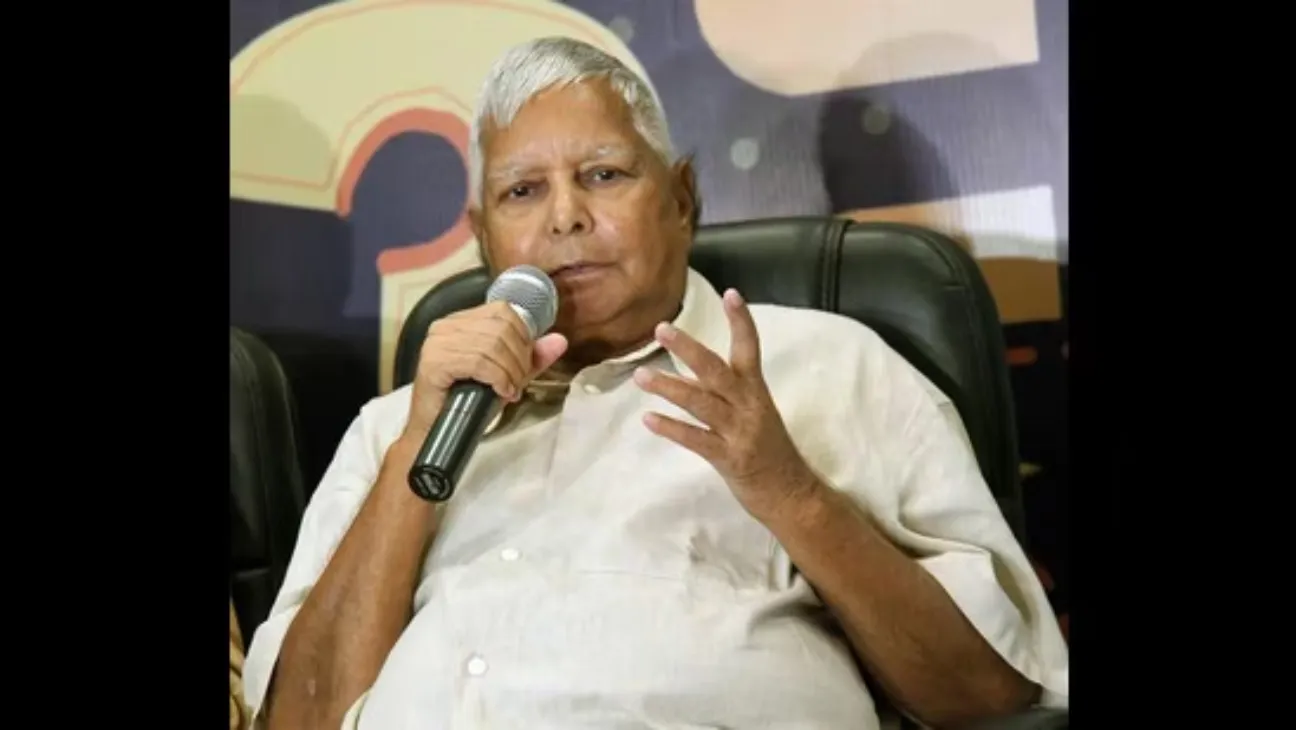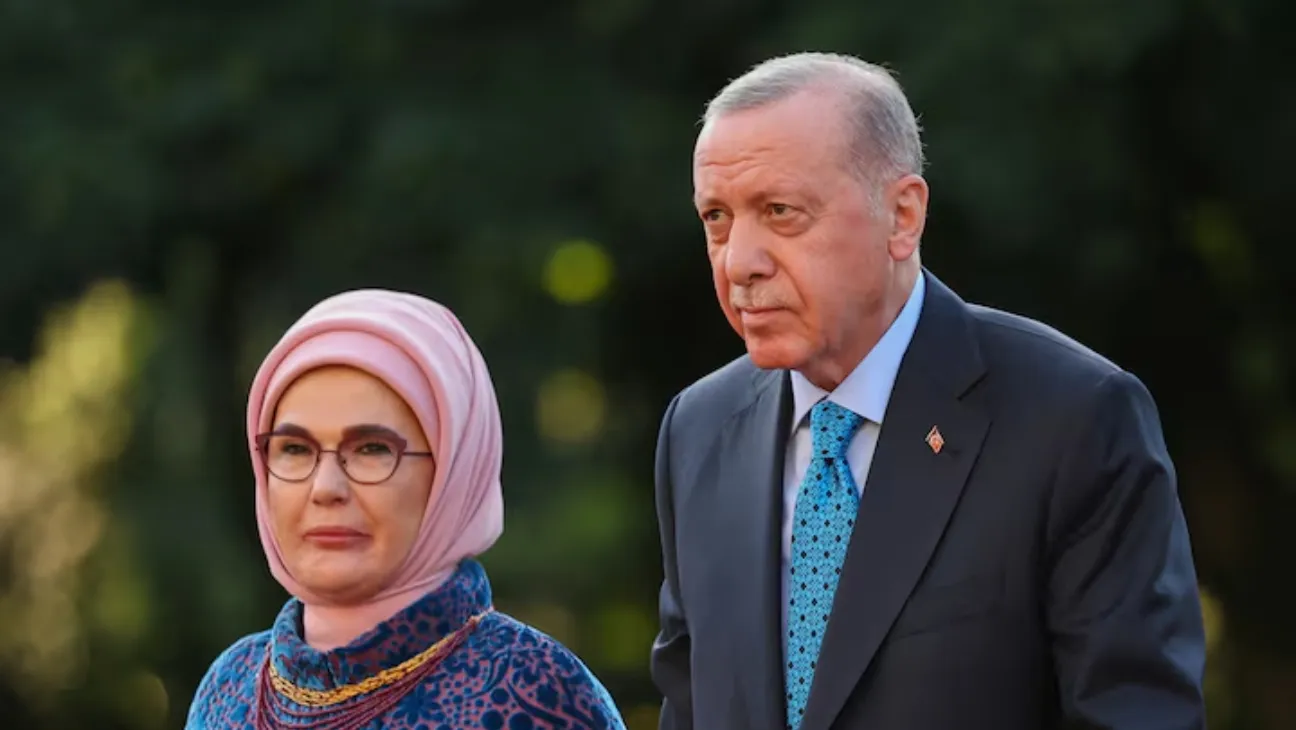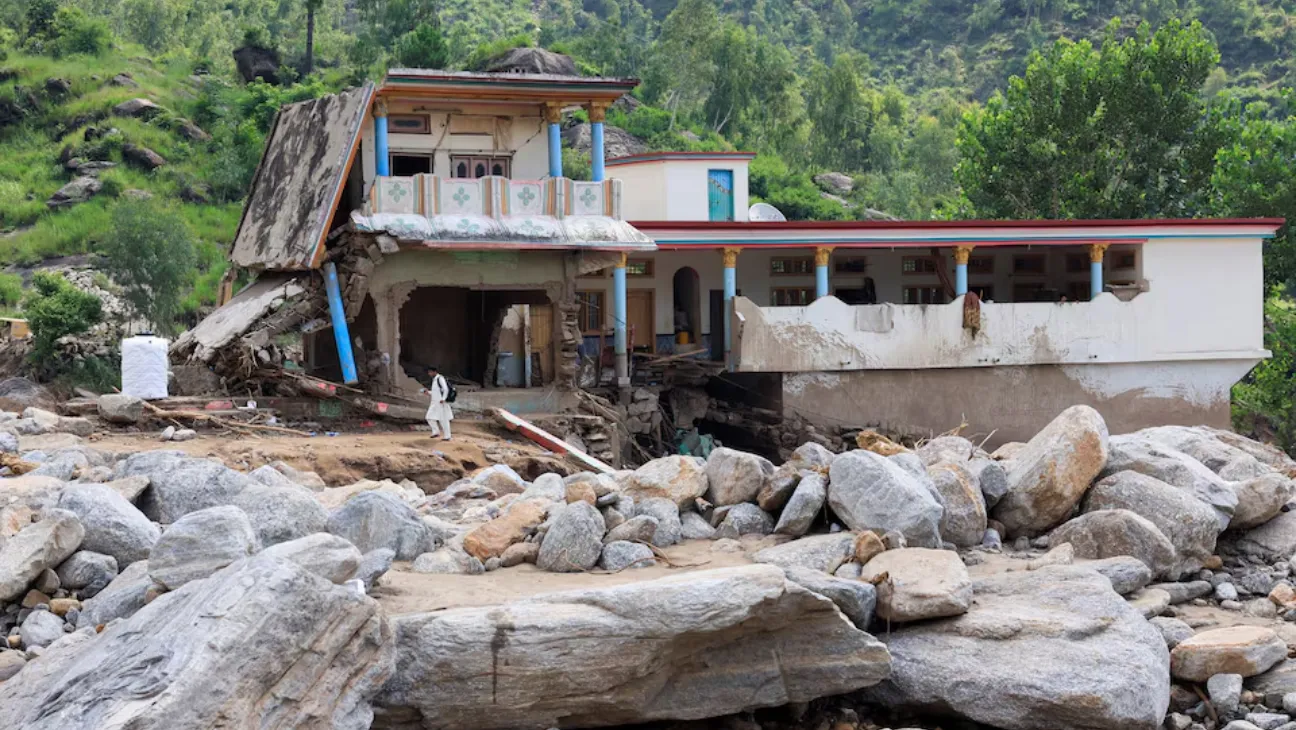The Central Bureau of Investigation (CBI) on Tuesday told a Delhi court that Rashtriya Janata Dal chief and former railway minister Lalu Prasad Yadav made repeated and forceful calls to senior railway officials, pushing them to hire candidates he had recommended. The agency described the pressure as “sustained coercion,” beyond the bounds of ministerial recommendations.
Presenting arguments during the framing of charges in the land-for-jobs case, special public prosecutor DP Singh told Special Judge Vishal Gogne that Yadav’s conduct “amounted to misuse of authority.” The alleged actions occurred between 2004 and 2009, during Yadav’s tenure as railway minister.
According to Singh, Yadav submitted an unsigned list of 120 candidates through an aide during a General Managers’ conference at the Railway Board in 2008. The list came with verbal instructions that the candidates were to be appointed as substitute staff. When no progress was made in the following months, Yadav personally contacted the GM, now a prosecution witness, and reportedly expressed frustration.
“He told him, ‘Aap to list pe kundi mark ke baith gaye ho,’” Singh read from the charge sheet. Later, after another round of calls, including what prosecutors described as a veiled threat about the GM’s job security, more names were processed. Singh said the appointments went ahead with incomplete verification, passing responsibility to lower divisions.
The case, first registered by the CBI on May 18, 2022, revolves around alleged quid pro quo arrangements in which railway jobs were allegedly exchanged for plots of land transferred to the Yadav family. The beneficiaries, many from Bihar, were reportedly hired into Group D posts. In return, land parcels were either gifted or sold to the Yadavs at below-market rates.
This case has snowballed over time. The first charge sheet in late 2022 named 16 people. By early 2024, 18 more were added to the list, including Tej Pratap Yadav. The latest filing this past June brought the total to over 90, implicating 30 government officials, past and present.
Earlier this year, the court formally accepted the latest charges. In a significant move, it then released all of the accused on bail for ₹50,000 apiece, a group that includes the entire Lalu family: his wife Rabri Devi and children Tejashwi, Tej Pratap, and Hema.
In doing so, the judge noted that there was substantial prima facie evidence that official recruitment protocols had been disregarded, and that land had changed hands in exchange for public sector jobs.
Arguments on the charges are being heard in daily proceedings this week. Defense lawyers, including those representing the Yadav family, have not yet presented their response to the allegations.
The CBI’s submissions portray a pattern: pressure from the minister’s office, procedural shortcuts, and political leverage. Whether the court accepts this narrative as grounds for criminal liability is a question that could shape not just this case, but how political power is viewed in relation to public sector recruitment.









